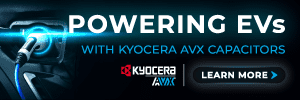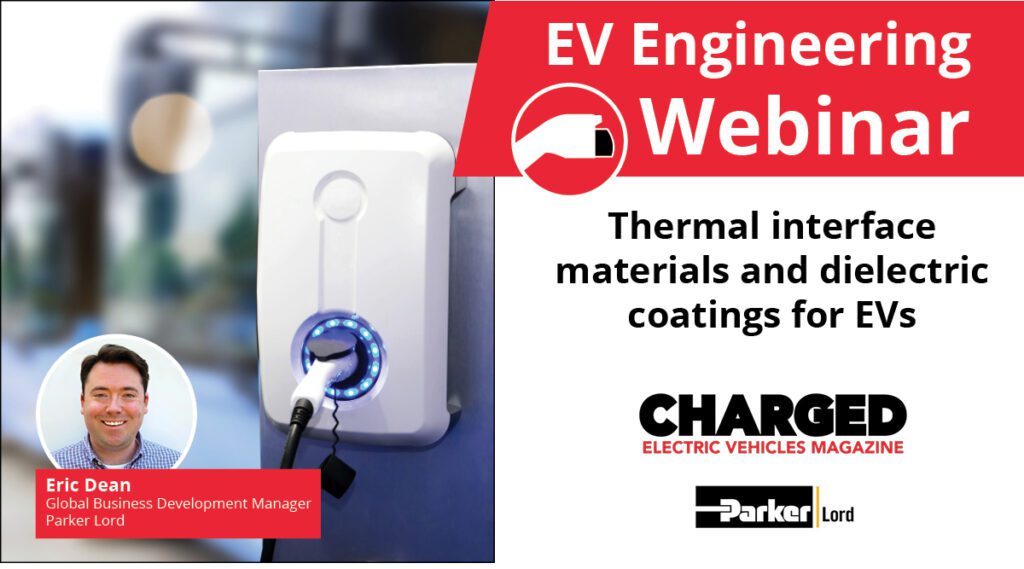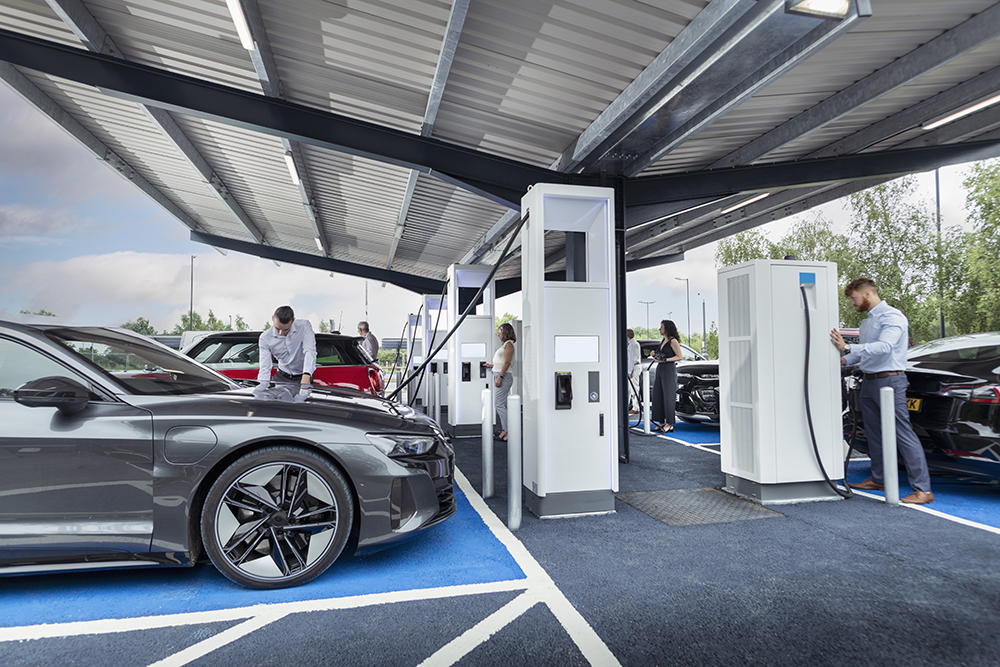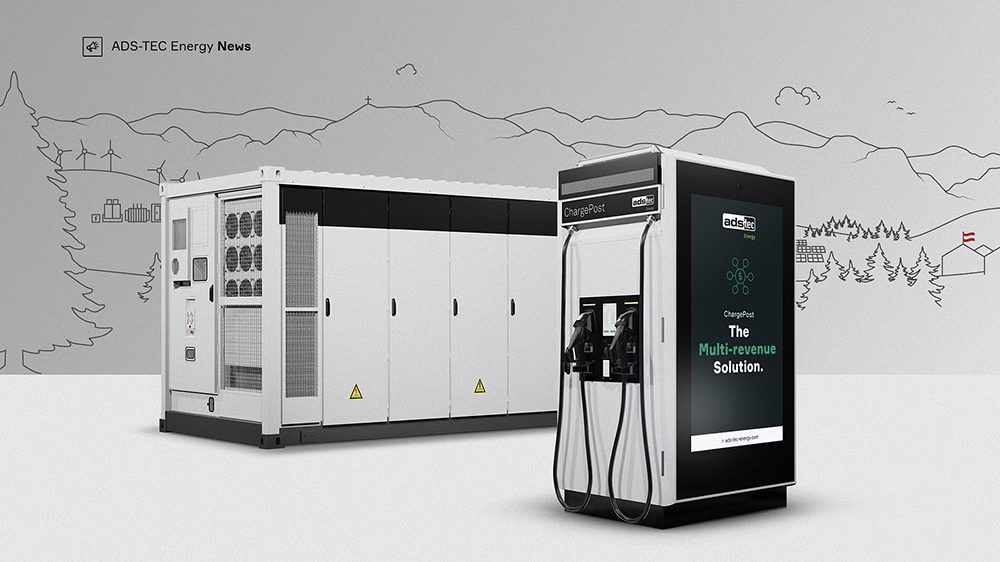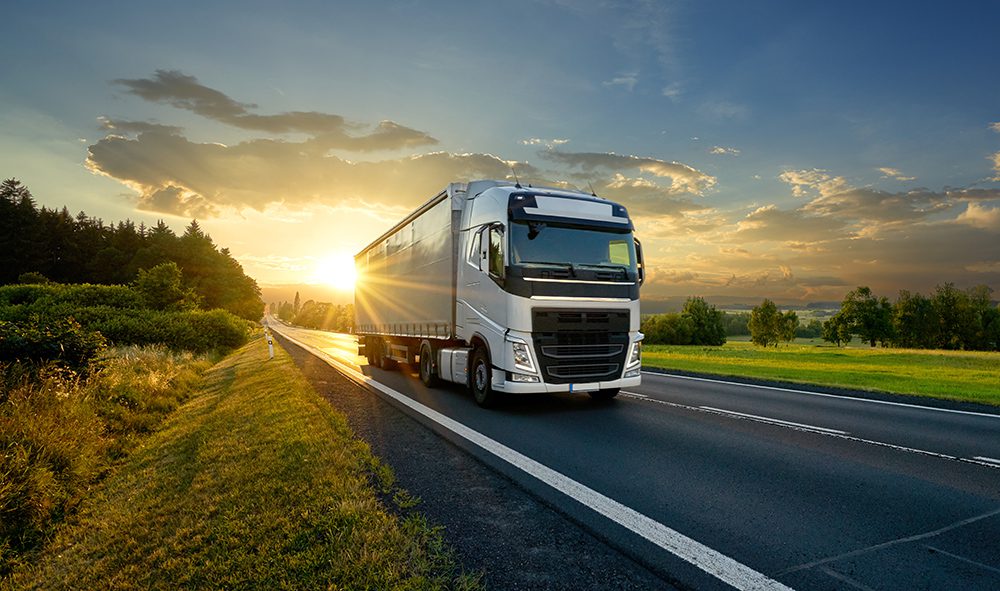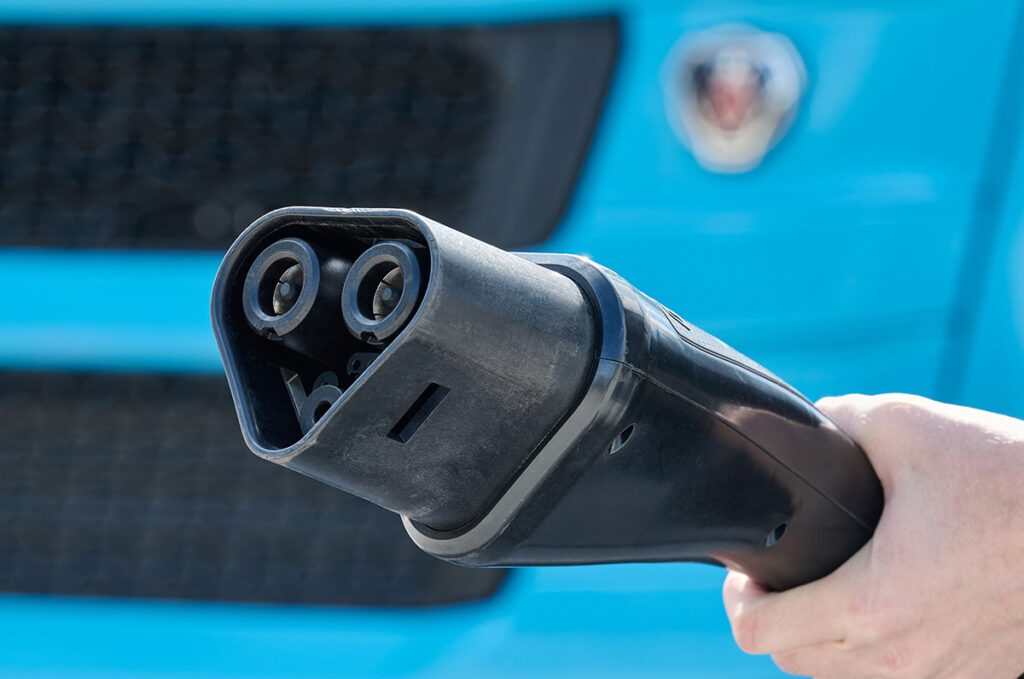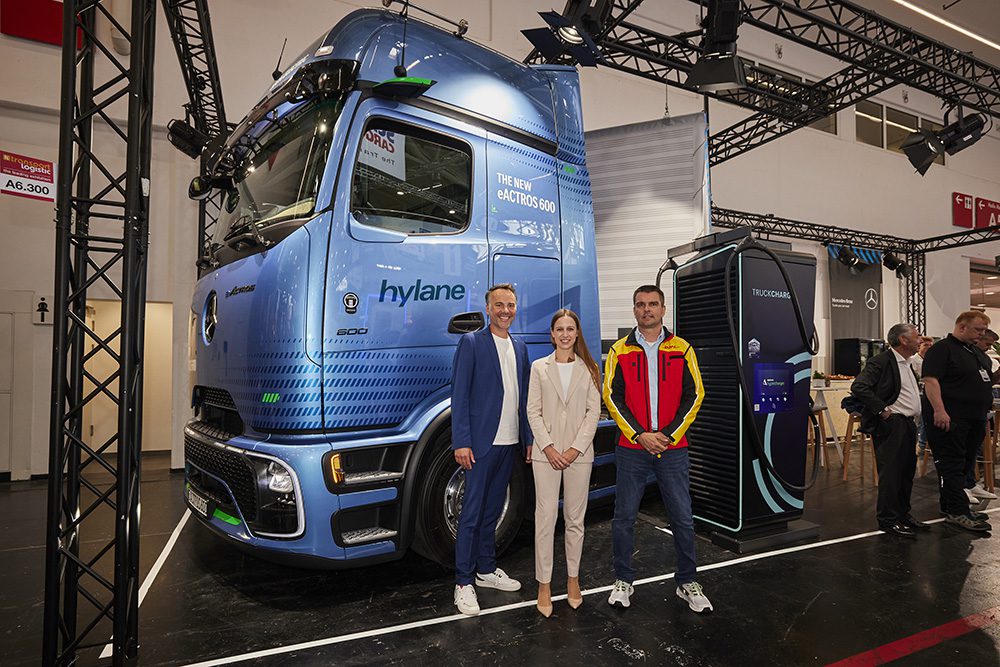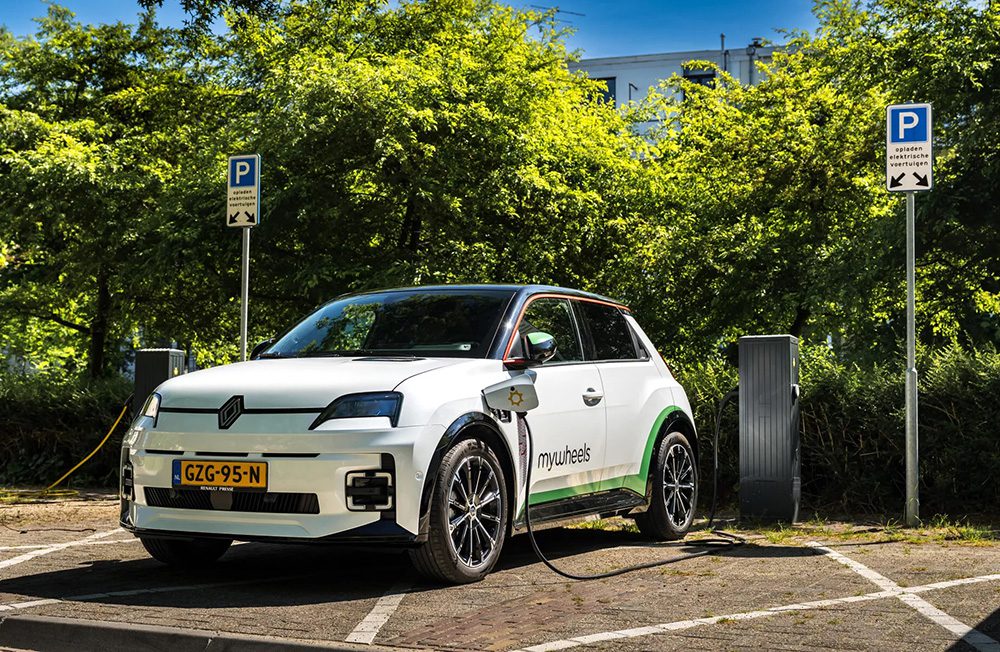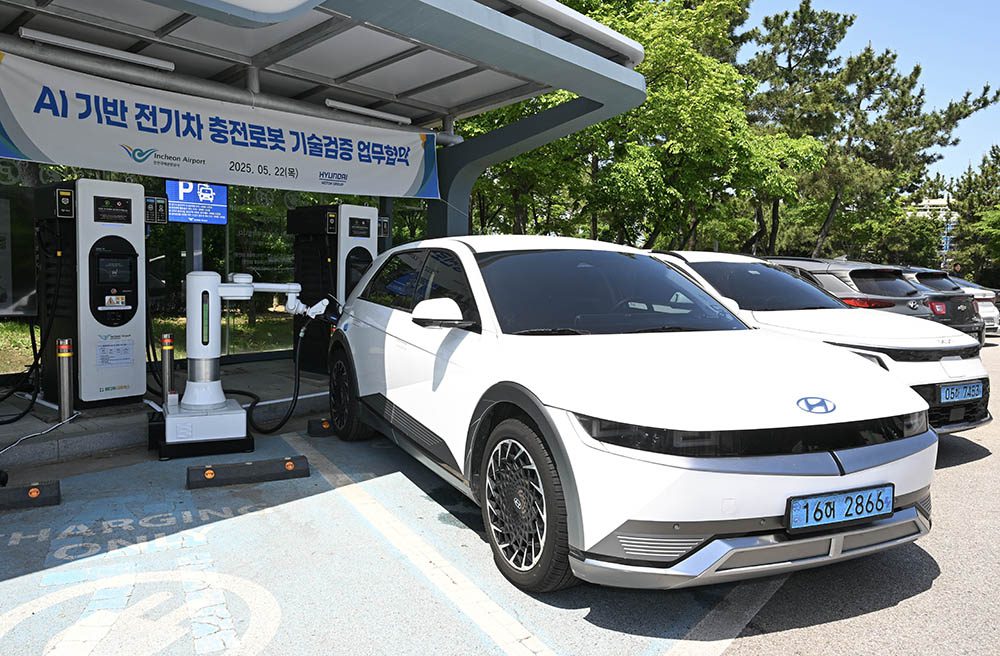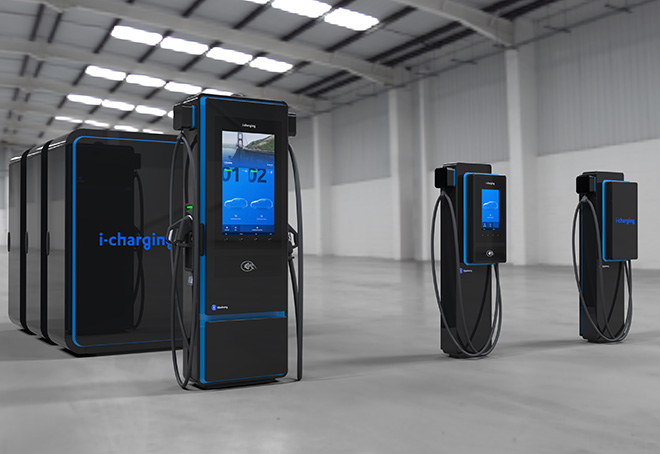The prospect that hydrogen fuel cells will play a significant role in road transportation dims with every advance in battery tech and charging tech that’s announced. The latest blow for hydrogen fans came from Europe’s second-largest truck maker, MAN. In an interview with Austrian newspaper Der Standard (via Hydrogen Insight), MAN CEO Alexander Vlaskamp predicted that hydrogen-fueled trucks will play only a small role in Europe’s zero-emission transport future.
“E-mobility is coming now,” Vlaskamp told Der Standard. “The technology is mature and most efficient. In our estimation, 80% or even 90% of logistics trucks will be electrically driven. We see today that green hydrogen is far too expensive.”
Vlaskamp estimates that green hydrogen (which is produced by electrolysis, unlike grey hydrogen, which is produced from fossil fuels) currently costs between four and five times what customers are willing to pay. “Therefore, hydrogen will only be used in a small segment in Europe, such as for special transport,” Vlaskamp explained, adding that hydrogen or biofuels might be suitable for vehicles carrying extremely heavy loads, such as giant wind turbines.
Munich-based MAN accounts for about 16% of the European heavy-duty vehicle market. It has sold at least 450 electric buses to various European cities, and plans to roll out its first electric truck in 2024.
MAN recently received a subsidy package worth around €25 million from the Bavarian state government to build a battery manufacturing facility that’s scheduled to begin production in 2025.
The company previously announced that it would develop a fuel cell truck to be used in a pilot with five customers by next year. It’s unclear whether this project will continue.
MAN’s parent company Traton (itself a subsidiary of the Volkswagen Group), is part of a joint venture with Daimler and Volvo that plans to invest €500 million to build 1,700 public EV charging points near motorways and logistics hubs throughout Europe.
“In Europe we see that we will need over 20,000 stations along trunk roads and motorways by 2030 in order to carry out around 30% of logistics transport electrically,” Vlaskamp said. “That will cost several billion euros. The good thing about these investments is that they are worthwhile and effective in the long term. The diesel engine is being pushed further and further back, and the electric drive will remain the primary solution.”
In related news, a major Australian mining firm announced that it will replace its diesel heavy-duty trucks with EVs, noting that hydrogen’s lower efficiency and higher cost ruled it out as a viable option.
Anna Wiley, a VP at mining giant BHP, presented a detailed explanation of the relative efficiency of diesel, hydrogen and battery-electric trucks (via The Driven). On a fuel-to-wheel basis, both diesel and hydrogen trucks are about 30% efficient, whereas for BEVs, the figure is 80% (calculating the relative efficiency on a wells-to-wheels basis would likely give BEVs an even greater advantage, says The Driven).
Perhaps MAN’s Vlaskamp and BHP’s Wiley could give some physics lessons to politicians in Australia, Germany, the UK and the US, who remain keen to divert taxpayer money to support for hydrogen.
Source: Hydrogen Insight





